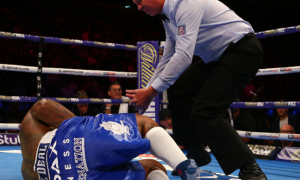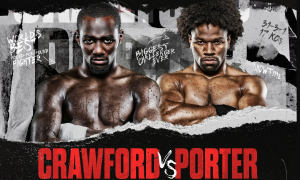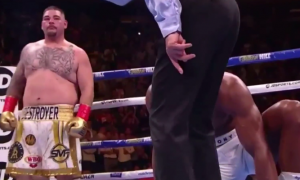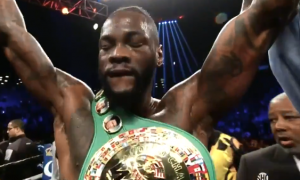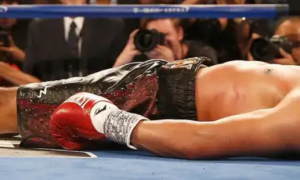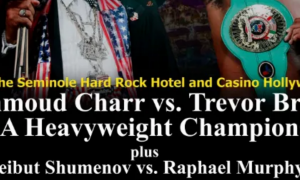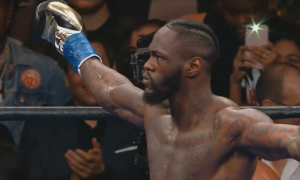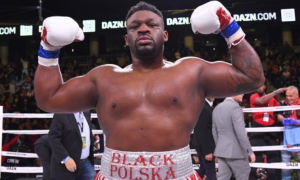The U.S. Supreme court recently walked back a long-standing precedent regarding governance on native reserves in a case pertaining to the state of Oklahoma’s ability to prosecute crimes on the Cherokee Nation reservation.
Previously it would require a federal court to overrule the jurisdiction of reserve lands, but as the relatively newly minted Supreme Court Justice Brett Kavanaugh wrote:
“To be clear, the court today holds that Indian country within a state’s territory is part of a state, not separate from a state”
Putting aside the scope of the particular case in question, this decision effectively rewrites the rules in how to govern (and sanction) activity on native reserve lands. This has far-reaching implications regarding life in the reserve system, but for the sake of this page, we’re going to look at the impact on professional boxing.
The American domestic boxing scene has no national governing body. There are laws with which to administer events, but the act of sanctioning individual bouts is left up to local officials, usually at the state level. A notable exception, is native reserves. The Professional Boxing Safety Act, a federal law, even carves out exceptions for native reserves:
Notwithstanding any other provision of law, a tribal organization of an Indian tribe may, upon the initiative of the tribal organization—
(A)regulate professional boxing matches held within the reservation under the jurisdiction of that tribal organization; and
(B)carry out that regulation or enter into a contract with a boxing commission to carry out that regulation.
This provision allowed reserves to supersede state law and sanction their own fights, despite the objections of the state. A notable example of this would be the bare knuckles bouts that took place in Florida while the sport itself was outlawed statewide. Under the new precedent, Floridian officials would now have the power to intervene – effectively ending any work-around solutions to host and sanction events on native land.
Without wading in to the morality of having back channels to circumvent state law, this ruling does introduce a level of uncertainty to promoters and boxers alike – an uncertainty that could pull the rug out from under the bottom rung of the financial ladder of the boxing marketplace.





